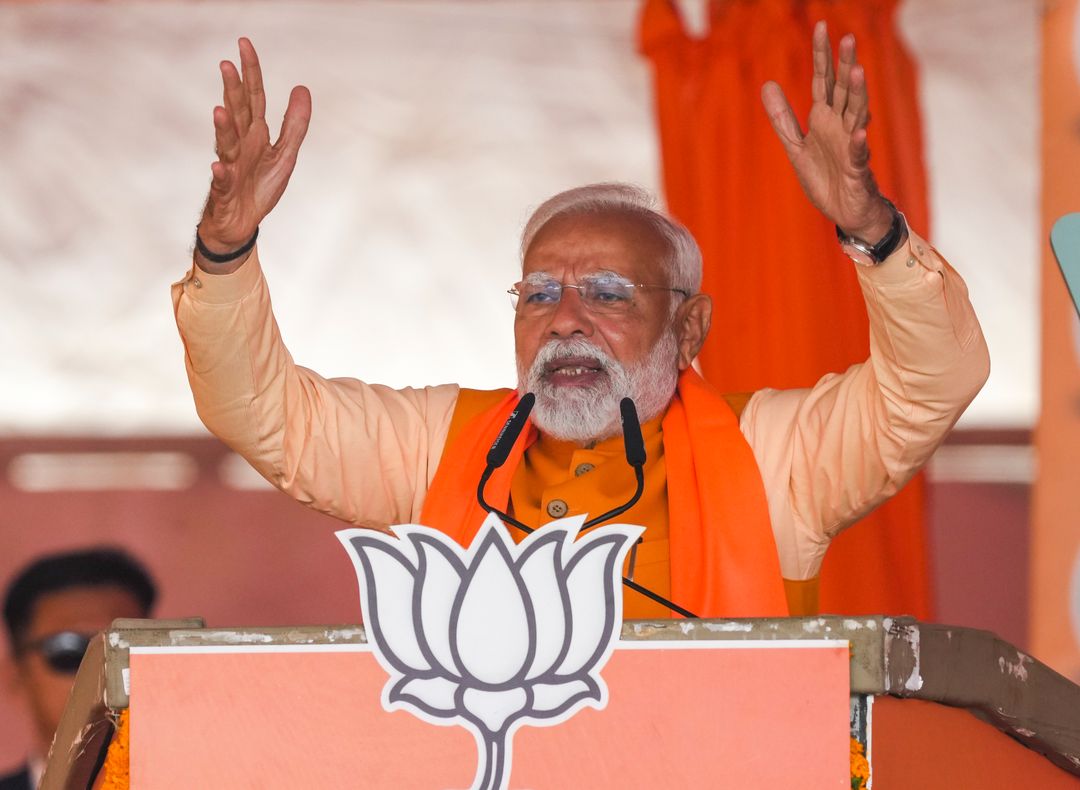New Delhi, Feb 3 (PTI) – The Indian Steel Association (ISA) has welcomed the government's move to significantly reduce direct taxes, emphasizing its potential to boost consumption and drive growth across key sectors, including automotive and consumer goods. These industries, along with their value chains, collectively account for 15% of India's steel consumption, the industry body highlighted.
ISA President Naveen Jindal noted that the tax cuts would enhance the purchasing power of the middle class, indirectly benefiting the steel sector. “The focus on increasing the buying power of the middle class will surely support the growth of the auto sector and strengthen the consumer goods industry and its value chain,” said Jindal, who is also the Chairman of Jindal Steel and Power Ltd (JSPL).
Additionally, Jindal pointed out that the government's ₹25,000 crore Maritime Development Fund and initiatives to develop shipbuilding clusters would help lower Export-Import (Exim) logistics costs, further aiding industrial growth.
Meanwhile, Amitava Mukherjee, CMD of NMDC, hailed the Budget 2025-26 as "growth-oriented", particularly for its push towards public-private partnerships. He believes the budget's focus on collaboration and reform measures will accelerate domestic economic growth, aligning with NMDC’s target of achieving 100 million tonnes (MnT) of production capacity by 2030.
Oommen also noted that the steel sector would benefit from indigenous shipbuilding, marine development projects, and improved credit access for MSMEs, which would help businesses engaged in construction and manufacturing.
The budget’s combined focus on tax relief, infrastructure investment, renewable energy, and critical mineral policies is expected to bolster India's industrial and economic growth, with the steel sector poised to reap significant benefits.
ISA President Naveen Jindal noted that the tax cuts would enhance the purchasing power of the middle class, indirectly benefiting the steel sector. “The focus on increasing the buying power of the middle class will surely support the growth of the auto sector and strengthen the consumer goods industry and its value chain,” said Jindal, who is also the Chairman of Jindal Steel and Power Ltd (JSPL).
Additionally, Jindal pointed out that the government's ₹25,000 crore Maritime Development Fund and initiatives to develop shipbuilding clusters would help lower Export-Import (Exim) logistics costs, further aiding industrial growth.
Capex Allocation to Boost Core Sectors
Sajjan Jindal, Chairman and Managing Director of JSW Group, acknowledged the government's continued emphasis on capital expenditure (capex). Although the ₹11.2 lakh crore allocation fell short of the ₹13 lakh crore he had anticipated, he described the spending level as robust and beneficial for core industries.Meanwhile, Amitava Mukherjee, CMD of NMDC, hailed the Budget 2025-26 as "growth-oriented", particularly for its push towards public-private partnerships. He believes the budget's focus on collaboration and reform measures will accelerate domestic economic growth, aligning with NMDC’s target of achieving 100 million tonnes (MnT) of production capacity by 2030.
Renewable Energy and Sustainability in Focus
Dilip Oommen, CEO of ArcelorMittal Nippon Steel India (AMNS India), lauded the budget’s strong emphasis on renewable energy. He particularly praised the government's goal of achieving 100 GW of nuclear energy capacity by 2047, calling it a "decisive step" in India's transition to green energy. “This initiative will propel the green transformation of both the country and the steel industry,” he added.Oommen also noted that the steel sector would benefit from indigenous shipbuilding, marine development projects, and improved credit access for MSMEs, which would help businesses engaged in construction and manufacturing.
Infrastructure and Construction Materials Get a Boost
Satish Kumar Agarwal, CMD of Kamdhenu Group, highlighted the ₹15,000 crore allocation to the SWAMIH Fund 2 and the creation of a ₹1 lakh crore Urban Challenge Fund for city redevelopment. He expects these initiatives to fuel infrastructure development and increase demand for construction materials.Customs Duty Relief for Critical Minerals
In another significant development, Vivek Bhatia, MD & CEO of TKIL (formerly Thyssenkrupp Industries), welcomed the removal of customs duty on critical mineral waste and scrap, including lithium-ion batteries, cobalt, and copper. He expressed optimism about the upcoming policy on critical mineral recovery, which he believes will be key to sustainable mining and efficient resource utilization.The budget’s combined focus on tax relief, infrastructure investment, renewable energy, and critical mineral policies is expected to bolster India's industrial and economic growth, with the steel sector poised to reap significant benefits.

